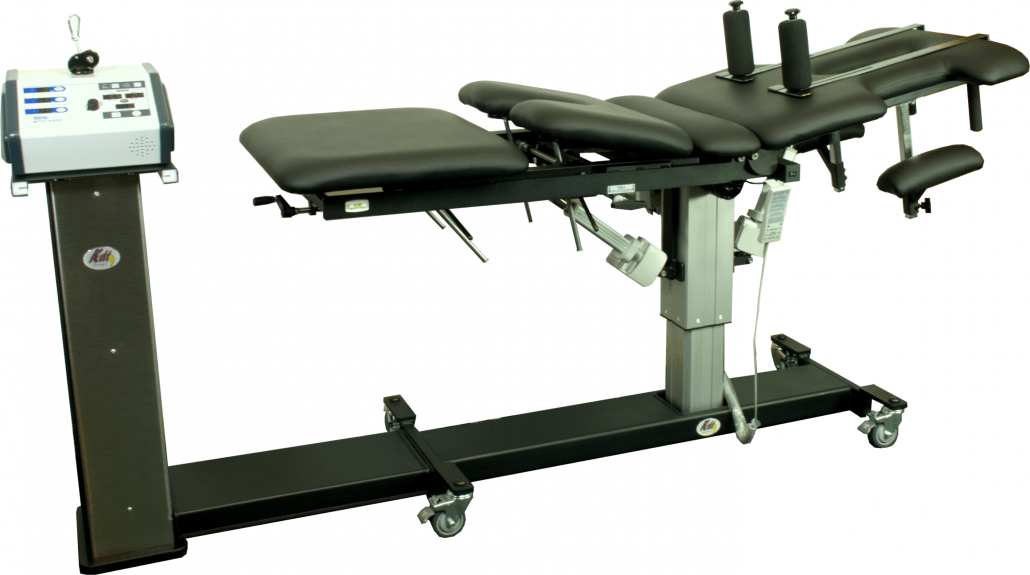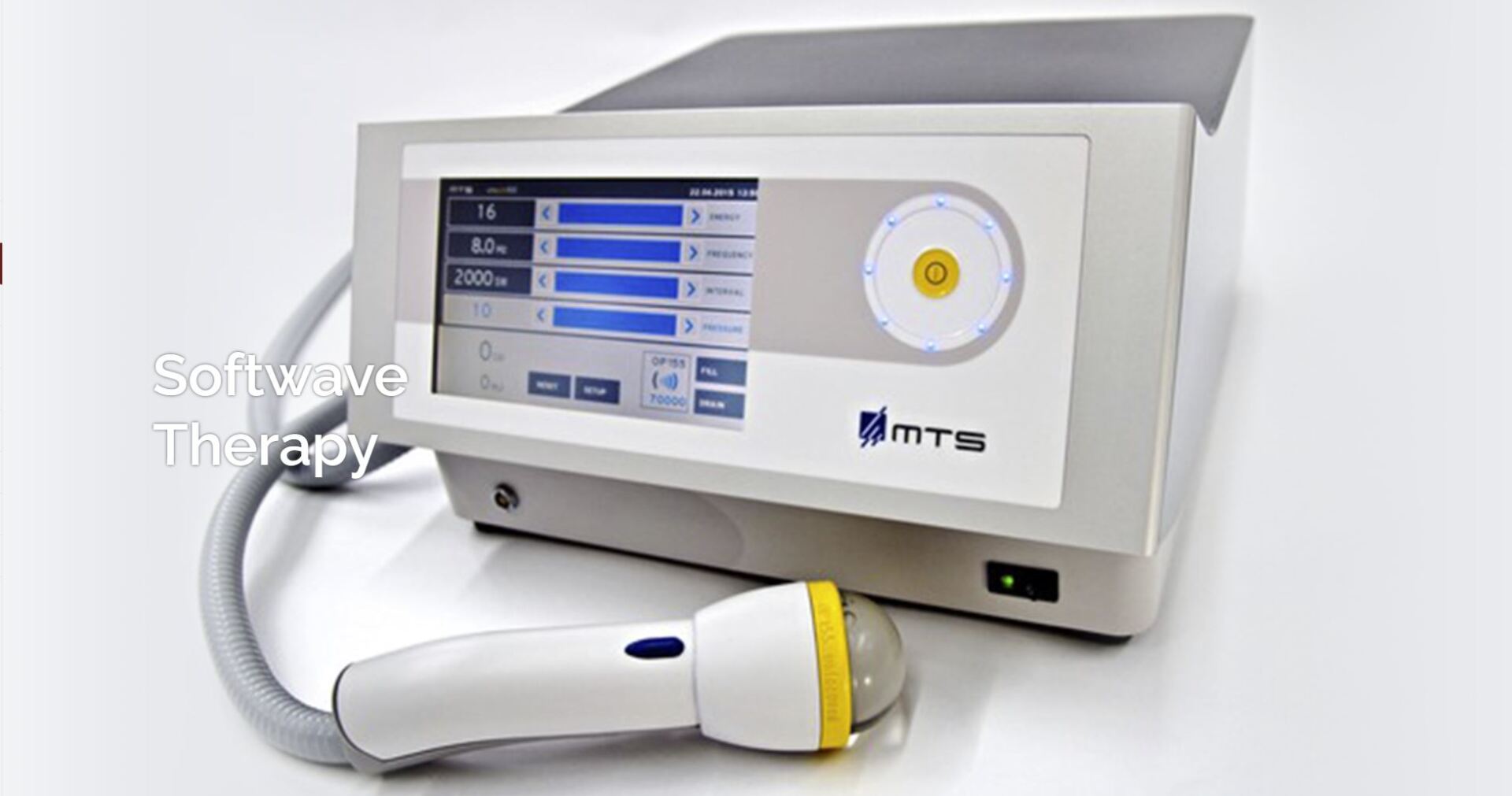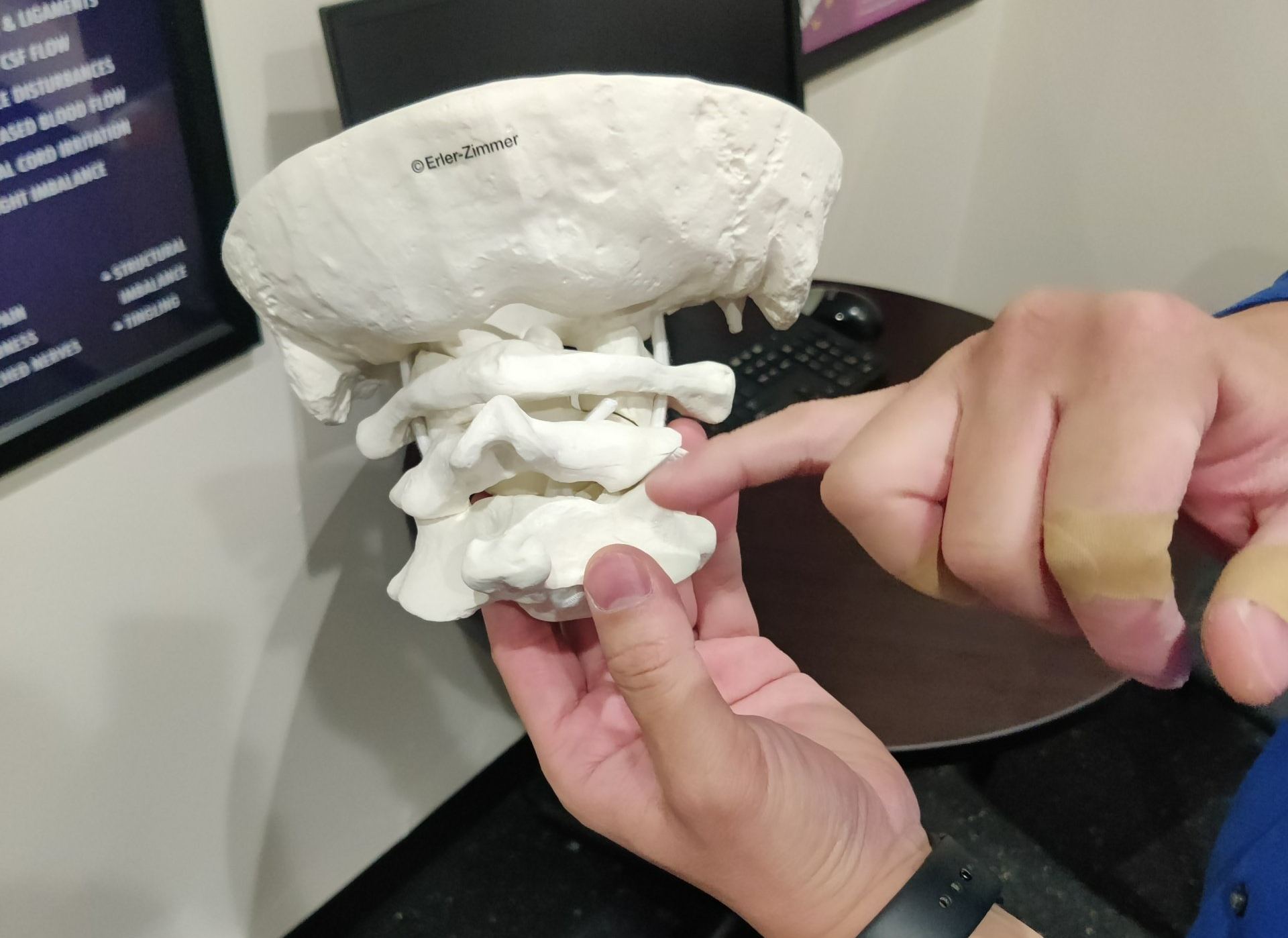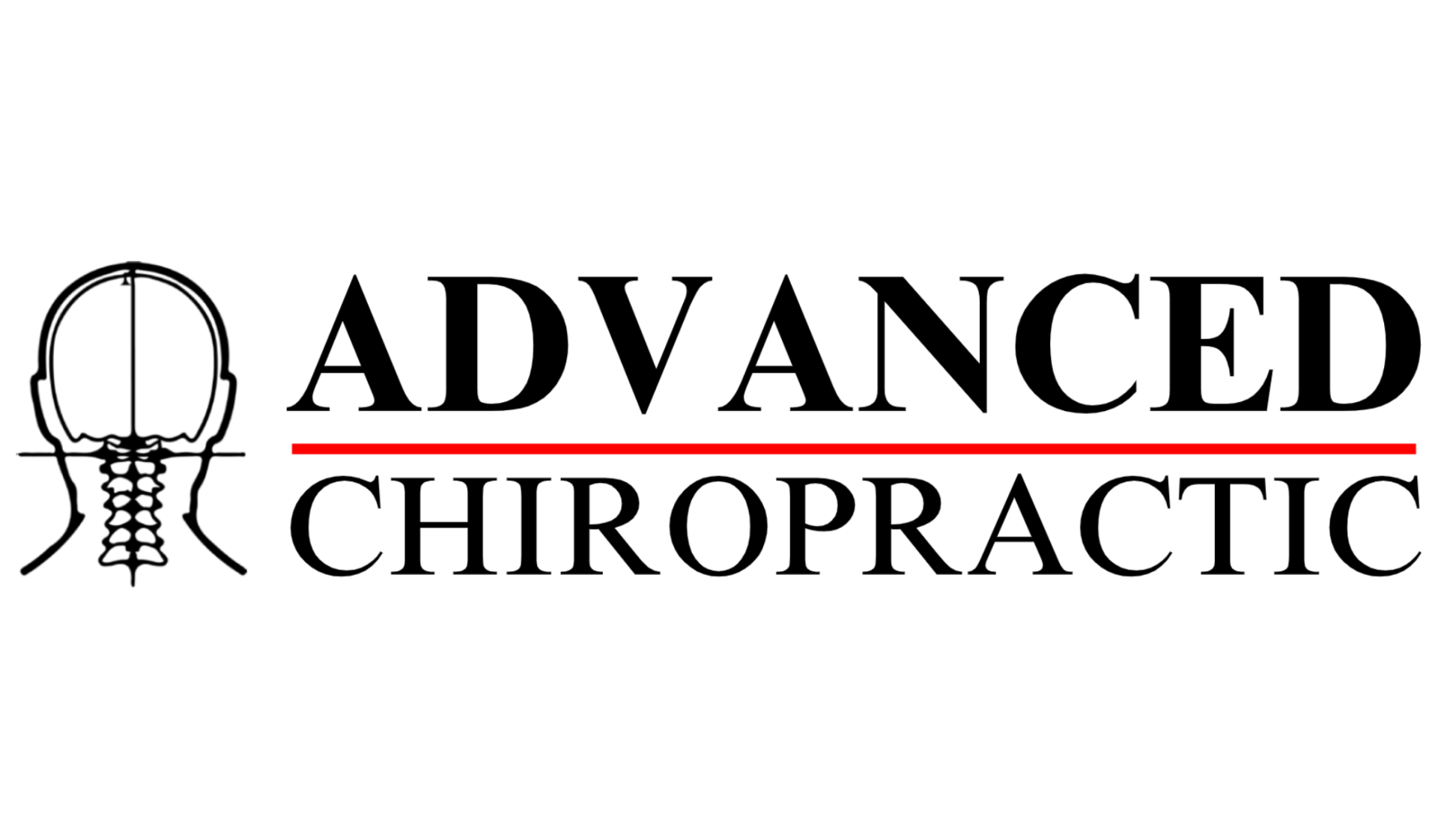4 Benefits of Spinal Decompression Therapy
4 Benefits of Decompression Therapy
If you suffer from chronic back pain, you may be familiar with the term “decompression therapy.” Decompression therapy is a nonsurgical treatment option that can provide relief from back pain. The therapy entails lying on a table while a machine gently stretches the spine. This stretch pulls the disc material away from the nerve root and relieves pressure on the nerves. Decompression therapy has been proven to be an effective treatment for herniated discs, degenerative disc disease, and other spinal conditions. Here are 4 benefits of decompression therapy:
1) Nonsurgical Treatment Option for herniated discs, degenerative disc disease, and sciatica
2) Helps with range of motion and flexibility
3) Non-Invasive with few to no side effects
4) Affordable compared to other treatments

Decompression therapy can help relieve pain from conditions like herniated discs, sciatica, and degenerative disc disease
Decompression therapy is a minimally invasive treatment option for various painful ailments of the spine and musculoskeletal system, including herniated discs, sciatica, and degenerative disc disease. This non-surgical therapy can be used as a primary form of treatment or as an adjunct to other treatments such as pain medications or physical rehabilitation. During decompression therapy, gentle tractioning is applied to the spine in order to reduce pressure on spinal structures and nerve roots and improve circulation of spinal fluid. This helps provide lasting relief from pain without the risks associated with surgery. Decompression therapy also facilitates faster healing time, improved mobility in the spine, accelerated recovery time after injury, and improved posture. It is a viable solution for those suffering from lower back pain caused by these common conditions, providing safe and effective short-term and long-term results so they can get back to doing the activities they enjoy.
It can also help improve range of motion and flexibility
Decompression therapy is a great way to help not just treat, but also prevent issues related to range of motion and flexibility. By decompressing the spine through gentle decompressive tractions and manual stretching, space between the joints are created which can help improve range of motion and flexibility. Additionally, decompression therapy helps reduce pressure on nerve roots and discs which can further enhance these benefits by helping to reduce pain in many cases as well. For anyone dealing with chronic pain or stiffness who would like to help improve their mobility, decompression therapy is an excellent option for treatment.
The therapy is non-invasive and has few side effects
Decompression therapy is an exciting new development in modern medicine that can help patients overcome long-term pain without any invasive techniques or troublesome side effects. This non-invasive treatment has been proven to be effective for many painful physical conditions, such as bulging or herniated discs, sciatica, and neck or lower back pain. It typically involves using a decompression table to decompress the spine and pelvis with the aim of reducing pressure on pinched nerves. The decompression table gently stretches the targeted area thanks to motorized traction while also providing steady pressure, allowing the affected muscles and ligaments to relax and heal over time. By concentrating on releasing pressure at specific locations along the spine and discs, decompression therapy relieves pain more effectively than other nonsurgical treatments like injections or medications.
It is relatively affordable compared to other forms of treatment
Spinal decompression is a safe and non-invasive treatment for spinal conditions and related pain. It utilizes machines to create a subtle pulling motion, taking pressure off spinal discs for enhanced spinal health. Compared to other forms of treatment, spinal decompression is relatively affordable. Additionally, it can be used as an alternative for those individuals who cannot or do not want to undergo more invasive treatments such as spinal surgery. Spinal decompression is a great option for anyone looking to reduce pain without breaking the bank and with minimal risk.
Decompression therapy is a non-invasive, affordable treatment option for those suffering from conditions like herniated discs, sciatica, and degenerative disc disease. It can also help improve range of motion and flexibility. Decompression therapy is relatively new, but has been shown to be effective in multiple studies. If you're looking for an alternative to traditional treatments like surgery or medication, decompression therapy may be right for you. Click here to book your free consultation for spinal decompression therapy.











